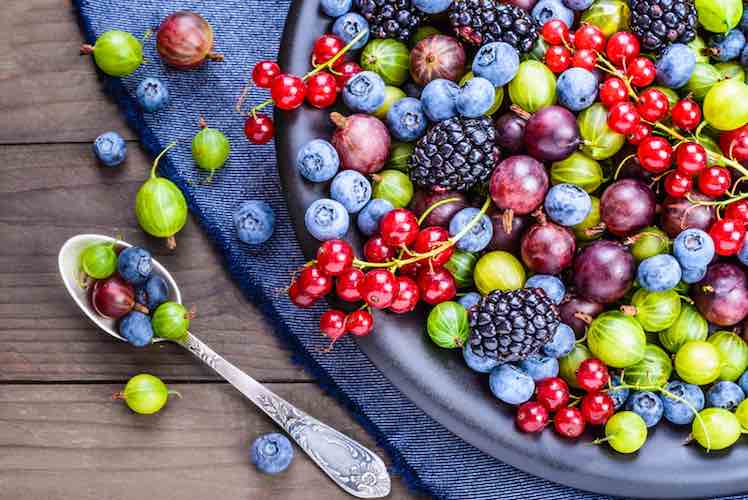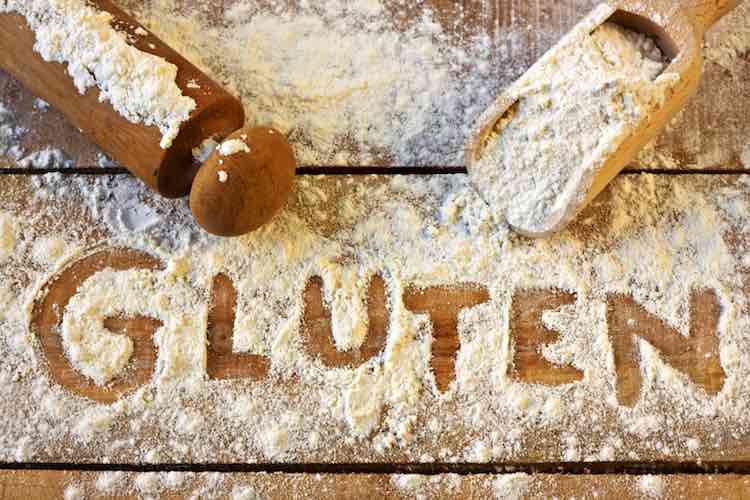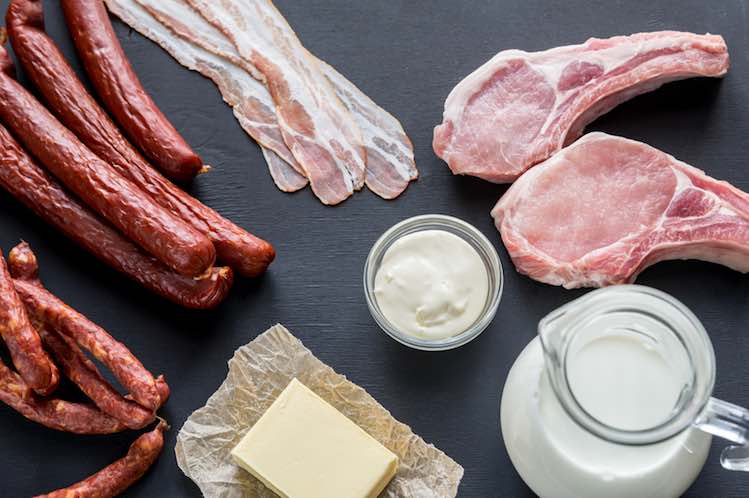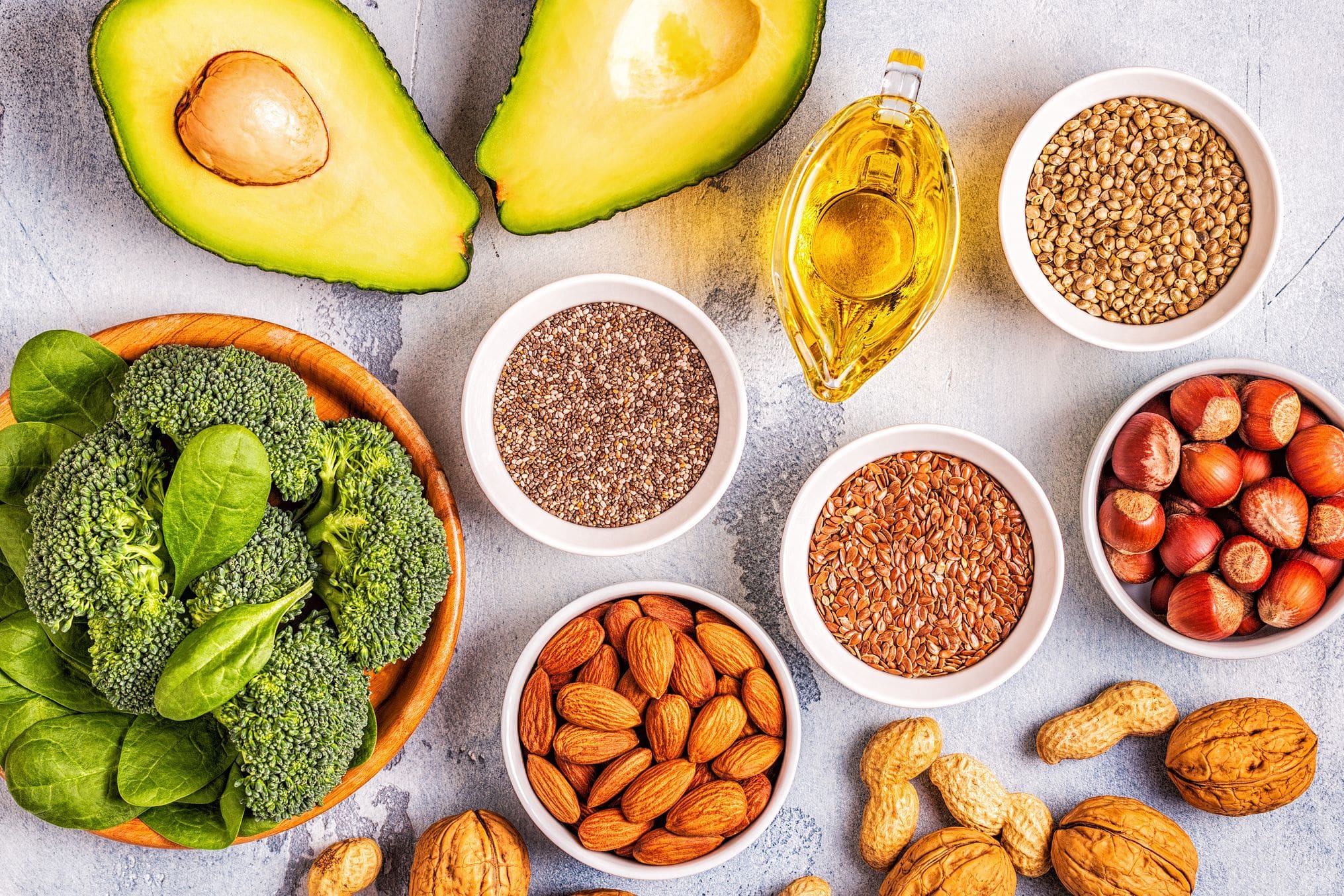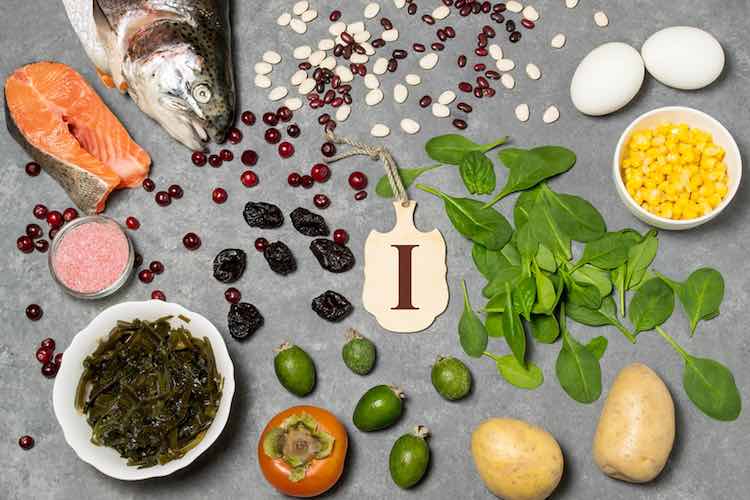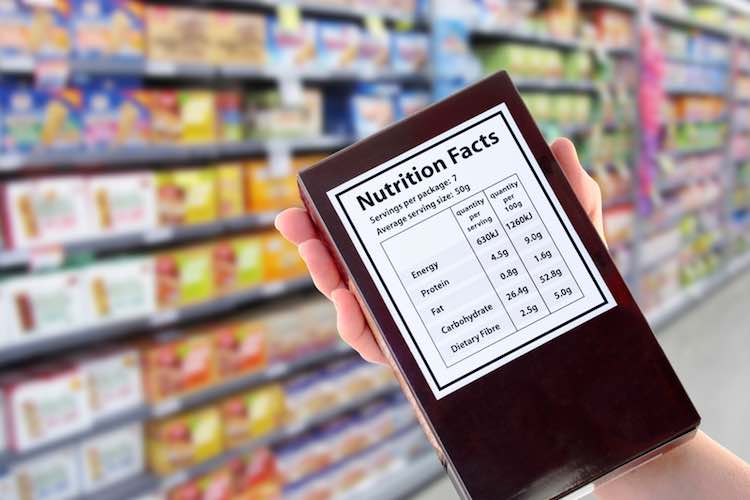Antioxidants neutralise the effects of free radicals, substances that damage the body`s cells, and have a role in disease prevention.
weight
Achieving and maintaining a healthy weight
Even losing 5-10 per cent of your bodyweight if you are overweight or obese can have a beneficial effect. Find out how to lose weight and keep it off.
Gluten and gluten-free diet
Find out the importance of a gluten-free diet for people with coeliac disease and discover which foods contain gluten and which do not.
Saturated fat
Saturated fats are usually solid or waxy at room temperature and some saturated fatty acids can increase your cholesterol level and put you at increased risk of heart disease.
Unsaturated fats
Unsaturated fats (monounsaturated and polyunsaturated fats) are healthy fats which can lower the risk of heart disease.
Iodine
Iodine is important for your thyroid gland, and iodine deficiency can cause problems, especially in unborn and newborn babies. Find out how to ensure your iodine intake is adequate.
Food labels: a guide to reading nutrition labels
Understanding the nutrition information on a food label can help you to make more informed choices about the food that you eat.
Dietary fibre
Dietary fibre is a component of plant materials which is largely digested by bacteria in the large intestine. High-fibre diets can help with bowel problems, cholesterol and diabetes.
Asthma and dairy foods
This special feature explores the asthma and dairy foods debate. Find out if milk is safe for your child with asthma.
6 Foods to beat inflammation
Ongoing inflammation is behind medical conditions such as high blood pressure and insulin resistance. Find out 6 foods that can reduce inflammation, with myDr.com.au.

